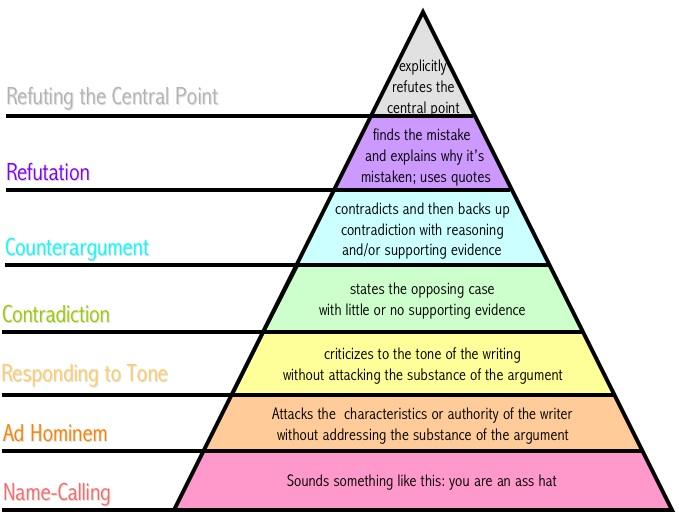May 17, 2008
May 9, 2008
May 5, 2008
Your Employees Are Dying to Be Heard

Written by Carmine Gallo at Business Week
"According to Opinion Research (IUSA) in Princeton, N.J., a firm that has conducted research for about 60 years, what annoys employees more than anything else is poor communication. And unhappy employees can do more damage to your business than you might imagine. Opinion Research practice director Terry Reilly says that beyond delivering shoddy customer service, disgruntled employees are less likely to recommend your company as a great place to work, which will hurt recruitment efforts. Reilly says communication can be the Achilles' heel of your organization or it can be the centerpiece.
Here's what Reilly recommends to improve communication between management and employees."
Continue Reading
Three Ways to Mitigate the Attention Crash, Yet Still Feel Informed
 Written by Steve Rubel at Micro Persuasion
Written by Steve Rubel at Micro Persuasion
"One of the most important skills executives need today is the know-how to manage and harness their personal information flow.
The Attention Crash is a crisis in global business that is getting worse every day. By 2009, the Radicati Group predicts that we’ll spend 41% of our time managing email. Now add to that the IMs, documents, Facebook pokes, RSS feeds, Twitter tweets and text messages coming at us and we’re officially way oversubscribed.
Unfortunately, the problem will not abate. Human attention is finite. It doesn’t scale. Worse, the pace of change today is so rapid there’s a huge need to stay digitally savvy.
The key is in wrangling your information flow. Here are three of my best tips....Continue Reading
May 1, 2008
How to Work an 8-hour Day
Written by Philosophical Geek
One of the things I decided when I started working was that I was not going to be one of those guys who worked 12 hours a day for a company (if I ever become an entrepreneur, all bets are off since I’m working for myself). So far, I’ve been pretty successful, and I’ve noticed a few things that may help others. Some of these are more observations than practices.
1. Understand reality: Work Load
The first thing to realize is that the amount of work to do will always exceed the time available.
This is why effective management is important. If you are being ineffectively managed, it may be difficult to force a change in some of the following areas.
Just because there is always more work to do, this is no reason to kill yourself trying to get it all done. Or even overexert yourself (except in rare instances). Don’t misunderstand: I’m not saying you have an excuse to slack. Giving all of your time and attention to your employer/projects/job is the baseline here. I am saying that just because you have a lot of work is not a valid reason to work 12 hour days.
Unless you enjoy it…in which case you’re reading the wrong article. If you’re a workaholic, sacrificing your health, family, and free time to get ahead, knock yourself out. You can stop reading now.
There are always special circumstances, though. If you operate in an environment that runs 24/7 services and Something Bad happens–well, then you need to fix it if takes you 24 hours. Hopefully, you’ll get corresponding time off in return. If it’s the last week before release of a project and a major bug comes up–get it done.
I’m talking about normal days, normal work.
If you are working 12 hour days and you don’t like it, then change. No excuses. Change the job or change jobs.
Continue Reading




